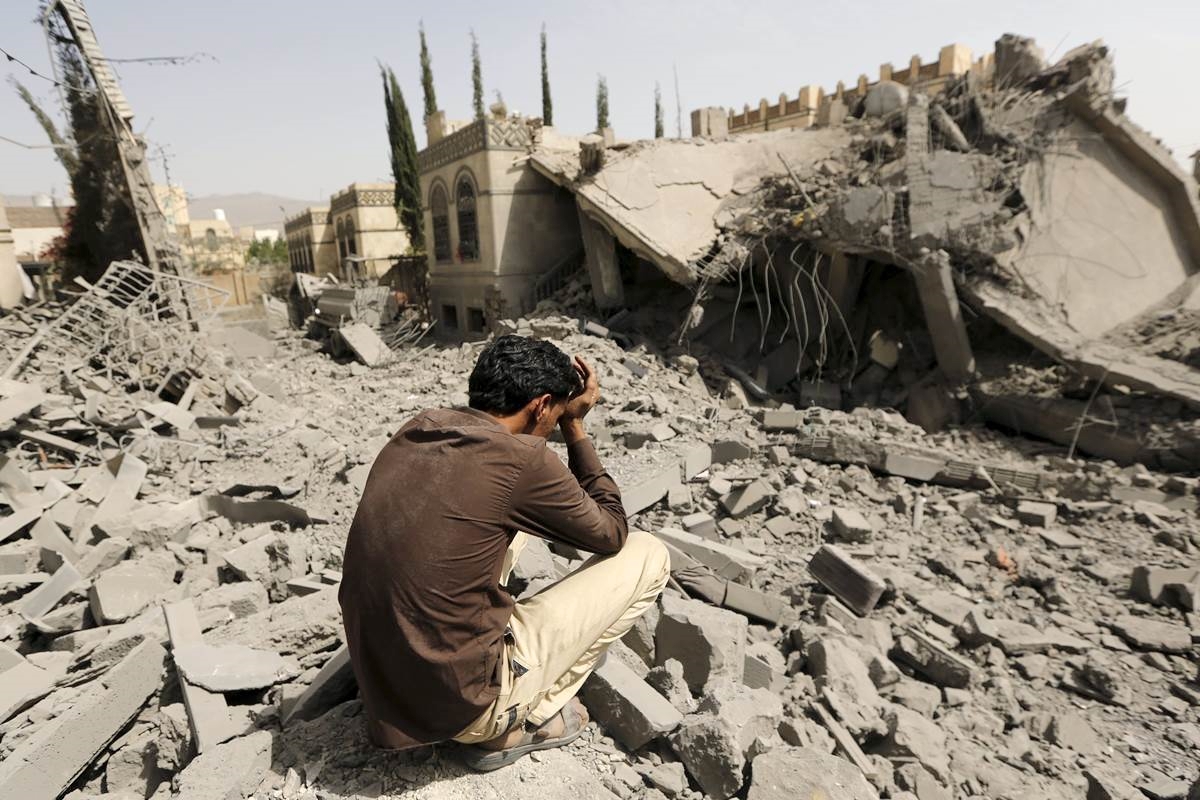organicjuicebardc.com – Yemen, a country located at the southern tip of the Arabian Peninsula, has been embroiled in a complex and devastating conflict since 2014. This conflict has not only led to a humanitarian crisis of immense proportions but has also placed the country at significant risk in terms of security, economy, and social fabric. The war has its roots in a combination of political instability, sectarian tensions, and regional interference, making it one of the most challenging crises to resolve in the modern era.
The Origins of the Conflict
The current conflict in Yemen can be traced back to the Arab Spring protests in 2011, which led to the resignation of President Ali Abdullah Saleh after 33 years in power. The transition was meant to lead to a more democratic and stable Yemen, but instead, it plunged the country into chaos. In 2014, Houthi rebels, a Zaidi Shia Muslim group from the north, seized the capital, Sana’a, and eventually extended their control over much of the country. This prompted the Saudi-led coalition to intervene in March 2015, aiming to restore the government of President Abdrabbuh Mansur Hadi, who had fled to Saudi Arabia.
The Humanitarian Crisis
The war has had a catastrophic impact on the civilian population. According to the United Nations, Yemen is facing the world’s worst humanitarian crisis, with over 24 million people in need of humanitarian assistance. The conflict has led to widespread destruction, displacement, and a collapse of the healthcare system, making it difficult for civilians to access essential services. Malnutrition rates are alarmingly high, with thousands of children at risk of starvation.
Economic Collapse
Yemen’s economy has been decimated by the war. The country’s currency, the Yemeni rial, has plummeted in value, leading to soaring prices for basic goods. The economy’s lifeline, the port of Hodeidah, has been a focal point of the conflict, further exacerbating the economic crisis. The Saudi-led coalition’s blockade has restricted the flow of goods and aid, contributing to the economic downturn.
Security Challenges
Beyond the immediate conflict, Yemen faces significant security challenges. Al-Qaeda in the Arabian Peninsula (AQAP) and the Islamic State (IS) have exploited the chaos to establish strongholds in the country. These groups pose a threat not only to Yemen’s stability but also to regional and international security. The presence of these extremist groups complicates the conflict further, making a peaceful resolution more challenging.
International Response
The international community has been involved in various efforts to resolve the conflict, including peace talks and humanitarian aid. However, these efforts have largely failed to bring about a lasting peace. The United Nations has been at the forefront of these initiatives, but progress has been slow, hindered by the complexities of the conflict and the interests of regional powers.
Conclusion
Yemen’s war-torn state is a testament to the human cost of conflict and the challenges of achieving peace in a complex geopolitical landscape. The country’s future remains uncertain, with the risk of further deterioration if a comprehensive solution is not found. The international community must continue to support peace efforts and provide humanitarian aid to alleviate the suffering of the Yemeni people. Only through concerted action can Yemen hope to overcome its current crisis and embark on a path towards recovery and stability.
